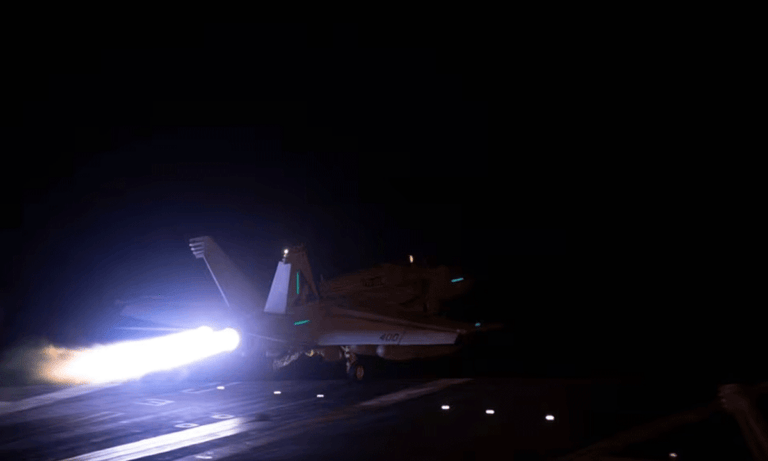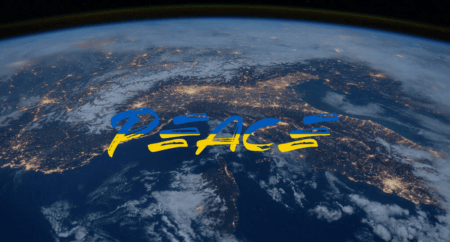In a significant escalation of military activities in the Middle East, it has been reported that US and UK forces have carried out two new airstrikes targeting the port of Ras Issa in Yemen’s Hodeidah province. This development follows increased attacks on maritime activities by the Houthi rebels in the strategic Red Sea region, exerting pressure on international shipping lanes that are vital for global trade.
These latest strikes called attention once again to the complex and fraught theater of conflict in Yemen, where various international and regional actors are involved. The targeting of the Ras Issa port, a critical juncture for the distribution of goods in the war-torn country, marks a significant uptick in direct foreign military engagement.
Ras Issa port, previously under the control of the internationally recognized Yemeni government and the Saudi-led coalition, has been a point of contention due to its strategic importance for importing essential goods, including food and fuel, into Yemen. The port’s significance is magnified by Yemen’s reliance on maritime imports to meet the majority of its basic needs.
The implications of these strikes are far-reaching. Beyond the immediate military impact, there are potential humanitarian consequences, given Yemen’s already precarious situation. The country has been enduring what is considered the world’s worst humanitarian crisis, as years of conflict have led to widespread hunger and disease.
Last week Pakistan also had airstrikes on Iran.
Moreover, the Houthi rebels’ recent attacks on vessels in the Red Sea have raised international security concerns. Just a day before the reported airstrikes, a Houthi assault resulted in a fire on a fuel tanker, highlighting the threats to critical maritime routes used for the global oil supply. These routes include the Suez Canal, one of the world’s busiest maritime passages, which connects the Mediterranean Sea to the Red Sea.
The airstrikes and maritime attacks underscore the complexity of achieving a resolution to the conflict in Yemen. The international community has repeatedly called for a peaceful settlement, but the situation on the ground continues to evolve, often with severe consequences for civilian populations and the stability of the region.
Analysts are closely monitoring the response from the Houthi group and their allies, as well as the broader implications for regional security. The strikes may prompt reprisals or further militarization of the conflict, potentially drawing in additional international engagement, and complicating efforts for a negotiated peace.
As the situation unfolds, all eyes are on the actors involved to navigate this latest development with caution and a renewed commitment to de-escalation. With the stakes so high, the international community must balance immediate security interests with the long-term goal of peace and stability in Yemen and the region.
The escalation in military action at the port of Ras Issa is a reminder of the delicate balance of power in Yemen and the Red Sea corridor. It is a significant juncture that demands careful diplomatic maneuvering to prevent further destabilization of an already volatile region. With the humanitarian situation hanging in the balance, the need for a sustainable and peaceful resolution could not be more urgent.
What’s your take on this? Let’s know about your thoughts in the comments below!












